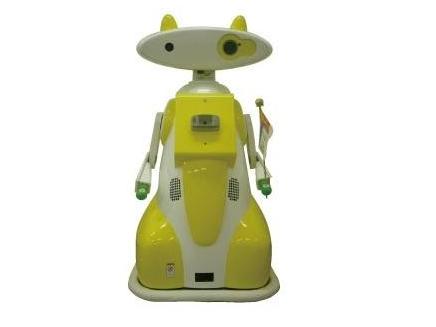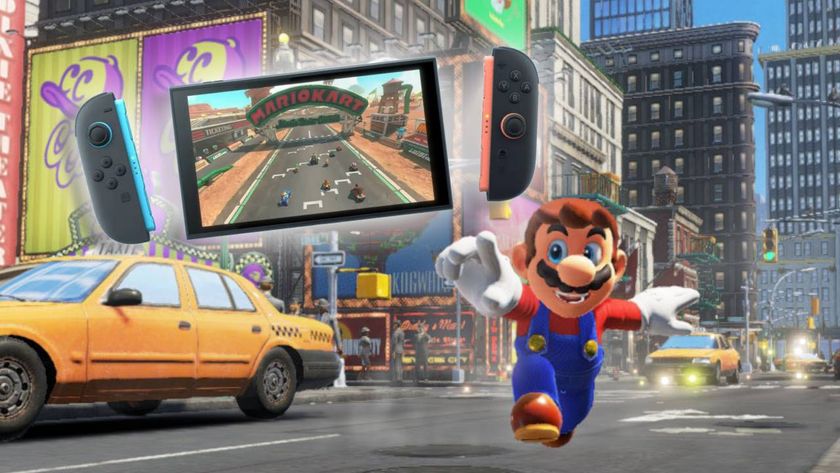Emotion sensing robots can tell how you feel
Measures physical responses and will be used to treat autistic children

A professor of mechanical engineering at Vanderbilt University in Tennessee has created a robot that can decode the emotions of autistic children from physical responses such as heart rate and temperature.
His game-playing robot is designed to interact with children with autistic spectrum disorders (ASD), monitoring their emotional states and helping them to learn social skills.
Over the last five years, Nilanjan Sarkar has developed a method that uses physiological measurements, including heart rate, galvanic skin response, temperature and muscle response, to monitor the emotional state of individuals.
Everyone likes Metal Mickey
His original motivation was to improve human-robot interactions (presumably to be less Terminator, more AI). When his nephew was diagnosed with autism, however, Sarkar got the idea of applying the technique to aid children with ASD.
In a study of six teenagers with ASD, Sarkar attached a battery of physiological sensors to the participants and let play Pong or Nerf basketball with his robot.
He found the physiological data gathered could be used to develop an affective model for each individual that was able to predict emotional states of liking, anxiety and engagement with an accuracy of better than 80 per cent.
Get daily insight, inspiration and deals in your inbox
Sign up for breaking news, reviews, opinion, top tech deals, and more.
Positive feedback
Even better, he showed that this information can be used in real time to alter the game configuration in ways that significantly increase the children's degree of engagement.
In the future, the researchers foresee technologies like robots and virtual reality environments as taking over some of the burden of the behavioral therapy that is one of the most time-consuming and expensive aspects of ASD treatment.
The average cost of caring for one person with autism for life is $3.2 million (£2.2 million). In total, autism currently costs the US more than $90 billion (£63.3 billion) per year, and that cost is projected to double by 2017 due to the growing population of those affected.
Mark Harris is Senior Research Director at Gartner.












